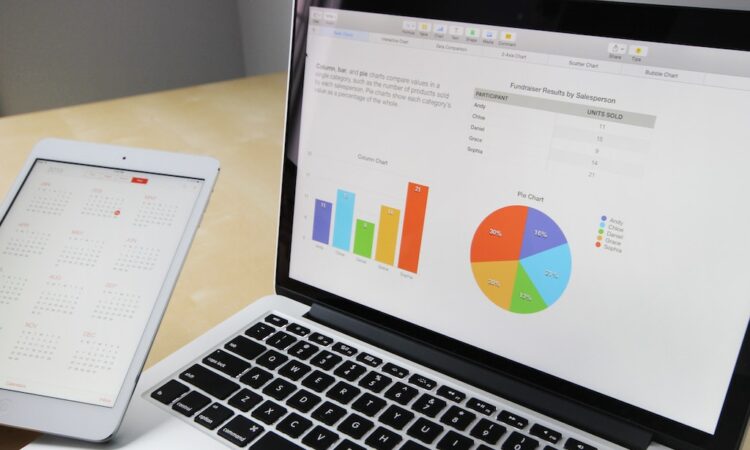
It’s hard to avoid all the talk about big data. Armed with actionable information, companies can easily, efficiently, and effectively market to customers, increase revenue, forecast more accurately, design and manufacture products that meet specific needs, streamline operations, and manage inventory better.
But can your small business take advantage of it?
To compete successfully in today’s marketplace, small businesses need to use the same tools used by large companies. While small businesses don’t have the resources like a huge corporation like analysts, data scientists, and researchers, you can still gather, analyze and make sense of the data you already have. For this, you can use big data solutions. But before that, let’s learn the basics of big data and its importance.
What Is Big Data?
Information that is too complex or large for traditional data processing methods to analyze is known as big data. To better understand this definition, let’s consider these:
– Unstructured data received in massive amounts, like Twitter data feeds, can comprise petabytes or terabytes of storage space (to give you perspective – a Word document takes up a few dozen kilobytes).
– As internet use grows, businesses receive more data at once, and hence, require more capacity to process it.
– Think of the diversity of extensions in the files that are stored in your database- DOC, HTML, MP4, and more. The more extensions you see, the more varied is your data.
The Value of Big Data for Businesses
Big data can benefit businesses because it helps to:
– Rapidly recalculate an entire risk portfolio.
– Inform your full data and analytics strategy.
– Quickly uncover the causes behind defects, failures, and issues.
– Rapidly identify malicious or fraudulent cyber activity before its worst consequences can occur.
– Instantly create coupons at the point of sale based on a customer’s buying habits.
